The access paradox

Internet is a wonderful tool, in spite of deep digital divides that prevail and take many forms. A vast majority of the world population have never been close to a computer, and more than half have not spoken on a telephone – and won’t ever. But plenty of people, including many of our Third World academic colleagues do have internet access, and they manage the tools, sometimes in spite of slow connections and ‘old’ equipment. But what about content?
Thousands of scientific journals have ‘open access‘, and are listed in directories as the DOAJ. Many academic papers are placed on personal homepages or in institutional repositories, e.g. as at Roskilde or Malmö universities – and the archived papers become searchable in Google Scholar. These are most useful and continuing developments.
But to-day I came across some potentially interesting articles in the Journal of International Communication and in African Journalism Studies. Among the authors were well-known, progressive colleagues, some of them very close to us – even Ørecomm participants. The content of the JIC is not available online – ironically not even when it is about online communication or about access problems! It can be ordered (online!), at 20 USD per issue and an unknown postage and delivery time from Australia. The AJS may be accessed online – at 17 USD per article for a couple of days!
These examples are not exceptions, it is a common phenomenon. The access problem is easily solved for me, at least if I am close to my university library. What annoys me is that these journals are mainly concerned with communication issues in poor countries where libraries are poor and the costs are prohibitive to many of our academic colleagues. I can understand (but disagree with) the editors’ attempt to generate some income through sales. I do not believe they will earn anything at all.
What I cannot understand is that we publish our work in such journals. Authors of academic articles in the arts or social sciences do not get paid, so it cannot be a money issue. Should we not insist that our work is made available as ‘open access’? And should we not make sure that if there is not open access to the journal where we have published, we make available the text through parallel publishing in our institutional repository.
And of course, should not Ørecomm have a publishing policy mandating (and not just recommending) that articles and papers by participants and hosted projects are ‘open access‘?
 New PhD opportunities at the University of Leicester
New PhD opportunities at the University of Leicester Call for Abstracts: New Directions in Media, Communication and Sociology (NDiMS) Conference
Call for Abstracts: New Directions in Media, Communication and Sociology (NDiMS) Conference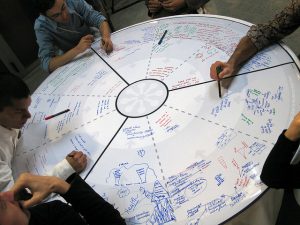 Ørecomm Team to Gather at the University of Coimbra
Ørecomm Team to Gather at the University of Coimbra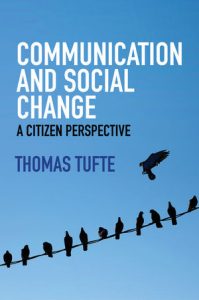 “Communication and Social Change – A Citizen Perspective” Published
“Communication and Social Change – A Citizen Perspective” Published C4D Network to Sum Up Global Communication for Development Practice
C4D Network to Sum Up Global Communication for Development Practice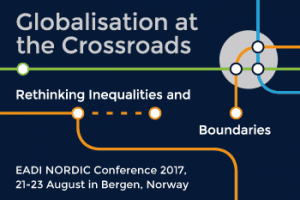 Entering Media and Communication into Development Conferences?
Entering Media and Communication into Development Conferences?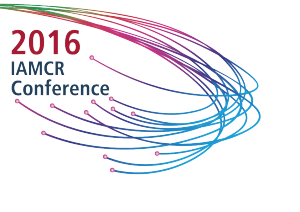 IAMCR Conference 2016: Communication for Development Highlights
IAMCR Conference 2016: Communication for Development Highlights Glocal Classroom Revisited – Storytelling & Social Change Leicester-Malmö
Glocal Classroom Revisited – Storytelling & Social Change Leicester-Malmö I EvalComDev International Conference: Call for Papers
I EvalComDev International Conference: Call for Papers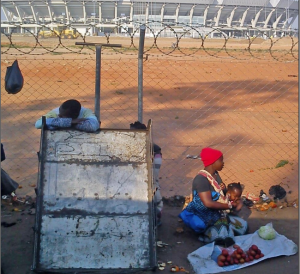 Looking for Media and Communication in Development Conferences: Devres 2016
Looking for Media and Communication in Development Conferences: Devres 2016